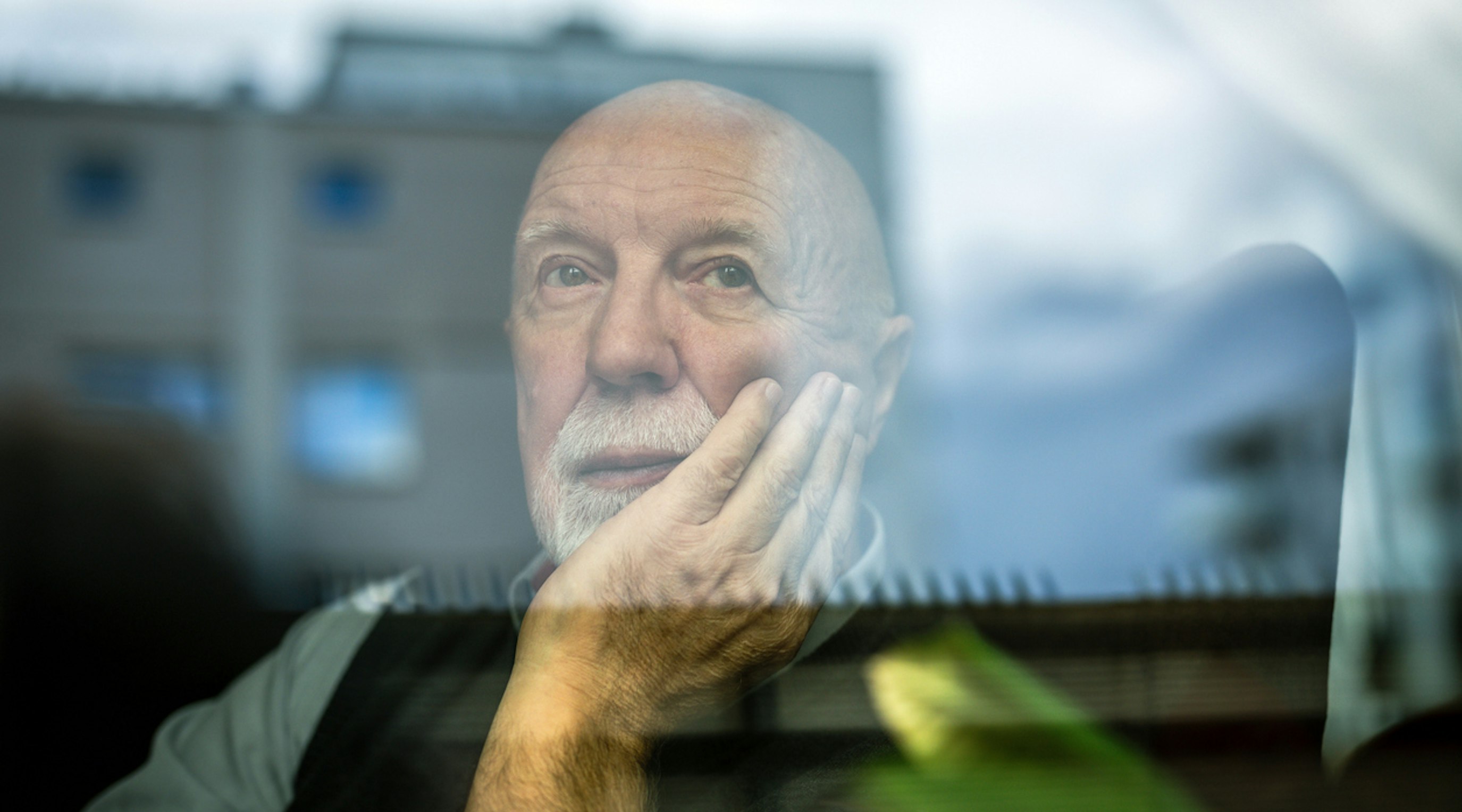How does medical cannabis affect daily life
7 min read
Emily Ledger
Medical cannabis has become increasingly accessible and accepted in recent years. However, accessing cannabis-based products - even from legal sources - can have an impact on everyday life. From medicating in public or even the comfort of your own home to driving and employment, there are many things to consider when becoming a medical cannabis patient.
In this article, we aim to provide valuable information, alongside further resources, to make the transition as easy as possible.
Contents
A brief history of medical cannabis
Cannabis is an ancient crop that we humans have harvested and processed for countless industrial, nutritional, and medicinal uses for thousands of years. The plant and its extracts have featured in various pharmacopoeias and other medical texts from all over the world; yet, the increased stigma around the plant in the 20th century led to its almost universal prohibition.
Thankfully, in recent decades, our understanding of the plant and its derivatives has drastically improved. As a result, many countries around the world - including the UK - have re-introduced medical cannabis access.
What is medical cannabis?
Medical cannabis, or medicinal cannabis, is a broad term used to refer to any cannabis-based medicine recommended by a doctor for the treatment or management of symptoms. This can include herbal cannabis or cannabis “flower”, cannabis-based oral oils and sprays, capsules, and even topical products such as creams and ointments.
Medical cannabis in the UK
In the UK, medical cannabis was legalised on the 1st of November 2018. The new legislation allowed doctors to prescribe cannabis-based medicines for a wide range of health conditions when other conventional treatments had proven ineffective. The two main therapeutic cannabis compounds are the cannabinoids cannabidiol (CBD) and delta-9 tetrahydrocannabinol (THC).
Only four cannabis-based medicines (Nabilone, Epidyolex, Sativex, and Dronabinol) have been licensed for use in the UK. Recommendations by the National Institute of Health and Care Excellence (NICE) state that these products may be considered in the treatment of refractory chemotherapy-induced nausea and vomiting, moderate to severe treatment-resistant spasticity in adults with multiple sclerosis, and the management of seizures in adults and children with rare forms of epilepsy (Lennox-Gastaut syndrome and Dravet syndrome).
However, unlicensed cannabis-based medicines - known as “specials” - can also be prescribed by GMC-certified specialist doctors.
Life as a medical cannabis patient
To date, it is estimated that over 30,000 patients in the UK have received a medical cannabis prescription for a wide range of conditions. But despite cannabis-based medicines being legal in the UK for over five years, there remains a significant lack of awareness and education among the wider public.
In fact, according to our June 2023 research report, over a third of people in the UK were unaware that medical cannabis is legal. Persistent stigma and lack of awareness around medical cannabis - even when legally prescribed by a healthcare professional - can leave many patients uncertain about how others will react to their medicinal cannabis use.
This can place a significant burden on various aspects of daily life, including things as simple as medicating at home, attending work, or getting from one place to another. So, let’s take a look at some of the ways medical cannabis can affect everyday life, and how you can be better prepared as a medical cannabis patient.
Medical cannabis and housing
It can be difficult to know what your rights are when using medical cannabis at home - particularly when renting. Most contracts for rental properties include clauses prohibiting the use of illicit drugs (which, when used recreationally, cannabis remains) and of smoking and vaping on the property. This might leave you wondering, “can I use medical cannabis in my rental home?” or “should I tell my landlord about my medical cannabis prescription?”.
The most important thing to remember about medical cannabis and renting is that prescribed cannabis-based medicines are not illegal drugs. Medical patients are protected under the Equality Act 2010 which protects people against discrimination due to, among other things, disability and, by proxy, the use of their prescribed medications. Moreover, medical cannabis is exempt from indoor vaping bans.
For more information about medical cannabis and renting - and tips on talking to your landlord and neighbours - take a look at our recent article, “Medical cannabis and renting: What you need to know”.
Using medical cannabis in public
For many medical cannabis patients, medical cannabis can provide significant relief from symptoms which should enable them to continue with their everyday lives in more comfort. However, medicating or even simply carrying medical cannabis in public, such as on public transport, in pubs and other venues, or even at music festivals and events, can understandably be daunting.
The Equality Act can also be interpreted to protect patients who need to use their medication in public places, whether on the bus or train, or in a shopping centre or pub. What’s more, this legislation is also relevant when it comes to medical cannabis and employment, protecting medical cannabis patients from discrimination in the workplace and requiring your employer to make the necessary adjustments to allow you to fulfil your role safely and effectively.
To avoid any complications, medical cannabis patients are advised to carry their medication in their original packaging and alongside a copy of your prescription and a letter from your prescribing doctor. For more information and guidance on how to stay safe when using medical cannabis in public, read our guide, “Can I use medical cannabis in public?”.
Can you smoke medical cannabis in public?
In the UK, medical cannabis flower is only prescribed to be vaporised. Smoking medical cannabis products - even if prescribed - is prohibited under UK law. However, medical cannabis can be administered using a vaporiser in public.
Medical cannabis and driving
Under UK law, it is illegal to drive under the influence of any substance that can cause impairment - including prescription medications. So, what is the cannabis limit for driving? Well, according to current regulations, the legal limit for THC while driving is 2 micrograms per litre (μg/L) of blood.
Drivers may also be required to disclose certain medical conditions, including diabetes, heart conditions, and epilepsy, and their use of some medications to the Driver and Vehicle Licensing Agency (DVLA). However, guidance from the DVLA doesn’t explicitly mention medical cannabis.
According guidance from the Cannabis Industry Council, medical cannabis patients can possess and take their medicine and continue to drive a motor vehicle, so long as:
- You are not impaired
- The cannabis medicine has been prescribed to you and this can be evidenced
- You are following the directions provided by your specialist consultant and the instructions given by the manufacturer
If you are stopped by police while driving and subsequently test positive for THC, remain calm and explain your patient status to the officer. If you have followed the guidance provided by your doctor, you should be protected by a “medical defence” in court.
Final Thoughts
Becoming a medical cannabis patient in the UK can require a period of adjustment as you come to terms with the relevant regulations and - just as importantly - your rights.
Using medical cannabis can take more planning and consideration than some other medications, but education and preparation can help you to manage these challenges effectively so you can enjoy the benefits of your medicine.
At Releaf, we’re always on hand to provide any advice or resources to help you on your medical cannabis treatment journey.
Share article
Did you like this article?
It is important to seek medical advice before starting any new treatments. The patient advisors at Releaf are available to provide expert advice and support. Alternatively, click here to book a consultation with one of our specialist doctors.
Elevate your wellness with medical cannabis
Get comprehensive care, convenience, and confidence with an all-in-one treatment plan.
Am I eligible?Authors
Emily, an accomplished content writer with a specialisation in cannabis and alternative health, leverages her five years in the sector to enhance education and diminish stigma around medicinal cannabis use.
Editorial Policy
All of our articles are written by medical cannabis experts, guided by strict sourcing guidelines, and reference peer-reviewed studies and credible academic research. Our expert clinical team and compliance specialists provide valuable insights to ensure accuracy when required. Learn more in our editorial policy.
Need more help?










